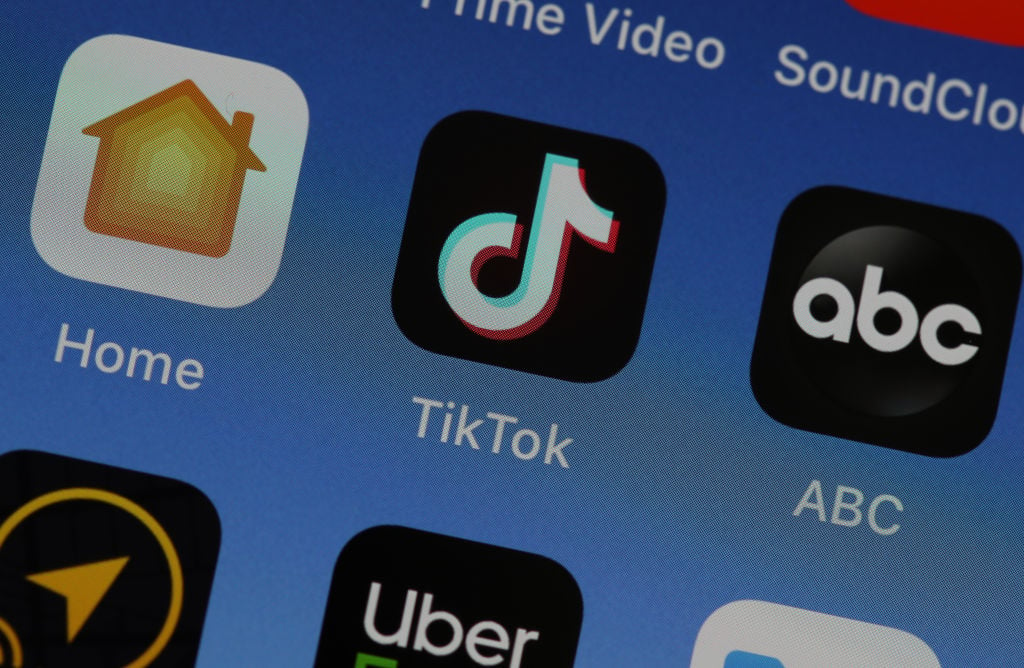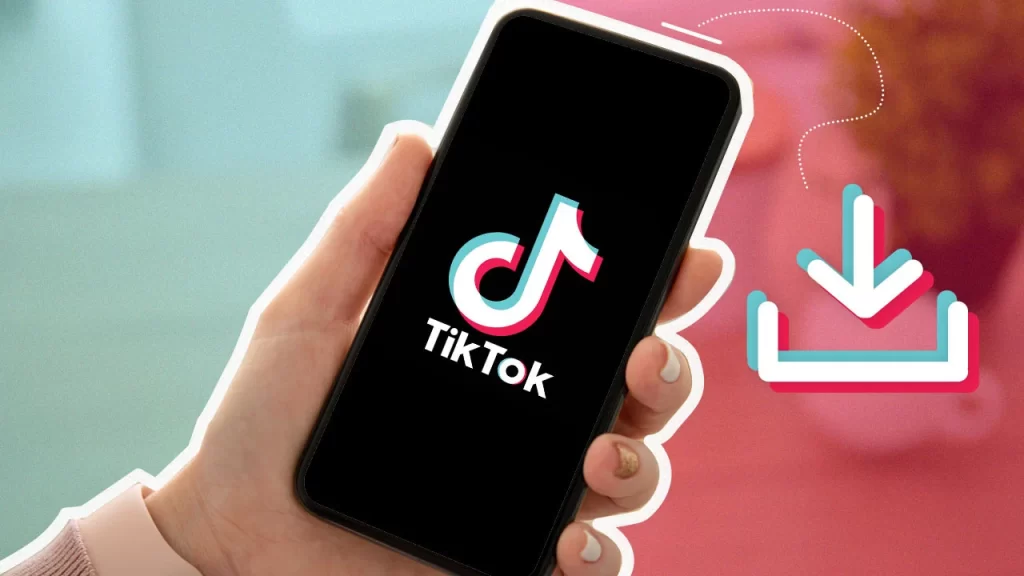In the digital age, the rapid proliferation of content-sharing platforms has led to a complex landscape of copyright law and digital content distribution. One platform that has recently come under scrutiny in this regard is TikTok, a social media app known for its short-form videos that cover a wide range of genres and topics. TikTok’s popularity has led to the emergence of various downloader services, which allow users to download videos from the platform for offline viewing or sharing. However, the legality of these downloaders raises important questions about copyright infringement and intellectual property rights. In this article, we explore the intersection of copyright law and digital content through case studies involving TikTok downloaders.
Case Study 1: Copyright Infringement Allegations
In 2021, TikTok found itself embroiled in a legal battle with several downloader services accused of facilitating copyright infringement. One such case involved a popular downloader app that allowed users to download TikTok videos without permission from content creators. The app faced allegations of copyright infringement from multiple creators who claimed that their videos were being downloaded and redistributed without their consent.
The crux of the legal dispute centered around the unauthorized reproduction and distribution of copyrighted content. Under copyright law, creators hold exclusive rights to their original works, including the right to reproduce, distribute, and display their content. By enabling users to download TikTok videos without permission, the downloader app was accused of infringing upon these exclusive rights and violating copyright law.

The case highlighted the challenges of enforcing copyright law in the digital age, where content can be easily shared and distributed across online platforms. While TikTok took measures to remove downloader apps from its platform and discourage copyright infringement, the issue raised broader questions about the responsibility of platform operators and downloader services in combating piracy and protecting intellectual property rights.
Case Study 2: Fair Use and Transformative Works
Another aspect of the intersection between copyright law and TikTok downloaders https://tikd.cc/ involves the concept of fair use and transformative works. Fair use is a legal doctrine that allows for the limited use of copyrighted material without permission from the copyright holder under certain circumstances, such as for purposes of criticism, commentary, parody, or education.
In the context of TikTok downloaders, users may argue that their use of downloaded videos falls under the fair use doctrine, particularly if they are repurposing the content for transformative purposes. For example, users may create remixes, compilations, or mashups using downloaded TikTok videos, transforming the original content in a way that adds new meaning or expression.
However, determining whether a particular use of copyrighted material qualifies as fair use can be subjective and context-dependent. Factors such as the purpose and character of the use, the nature of the copyrighted work, the amount and substantiality of the portion used, and the effect on the market for the original work are considered in evaluating fair use claims.
Case Study 3: Platform Policies and Terms of Service

A third case study involves the role of platform policies and terms of service in regulating the use of TikTok downloaders. Many downloader services operate in violation of TikTok’s terms of service, which prohibit the downloading or redistribution of TikTok videos without permission. Platform operators may employ technological measures to detect and remove downloader apps from their platforms, as well as enforce penalties for users found to be violating the terms of service.
However, the effectiveness of platform policies in deterring copyright infringement remains a subject of debate. While TikTok may take steps to remove downloader apps from its platform, new apps may emerge to take their place, highlighting the challenges of enforcement in the digital realm. Moreover, the legality of downloader services may vary depending on jurisdiction, further complicating efforts to regulate their use.
In conclusion, the intersection of copyright law and digital content presents complex challenges and considerations in the context of TikTok downloaders. While these services offer convenience and flexibility for users, they also raise important legal and ethical questions about copyright infringement, fair use, and platform regulation. As cases involving TikTok downloaders continue to unfold, it is essential for stakeholders, including platform operators, content creators, and users, to navigate these issues thoughtfully and responsibly, respecting the rights of creators while fostering innovation and creativity in the digital space.




